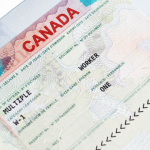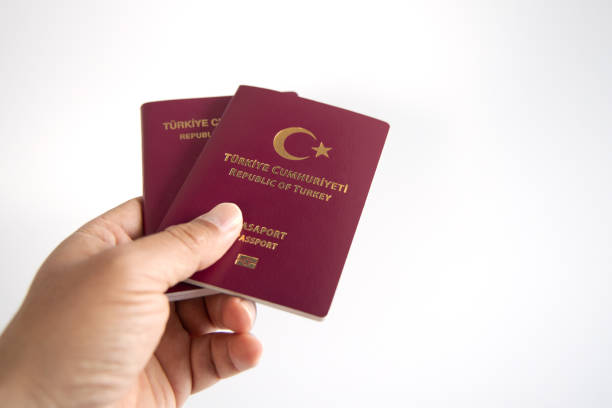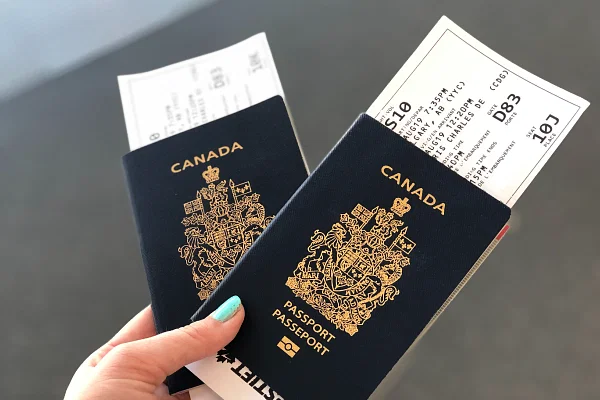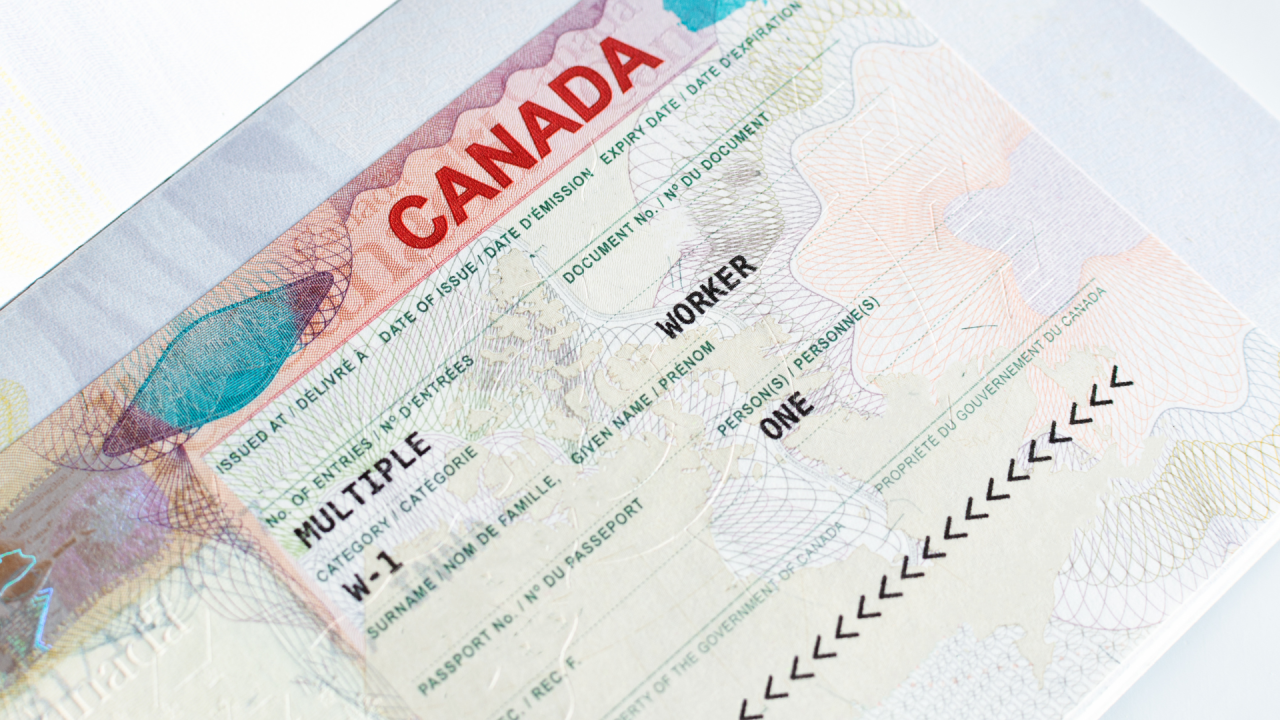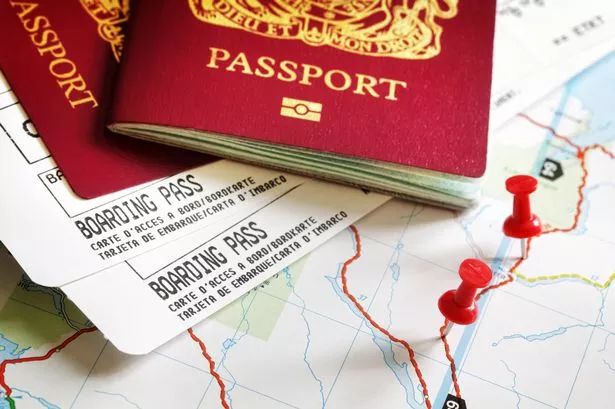Are you an adventurous Australian traveler looking to explore the fascinating landscapes, vibrant culture, and rich history of Turkey? Look no further! We have crafted a comprehensive guide that will unravel all the mysteries surrounding obtaining a Turkey visa for Australian citizens. Whether you’re planning a thrilling vacation or embarking on a business trip, this blog post is your ultimate resource to navigate through the application process smoothly. Get ready to immerse yourself in the enchanting beauty of Turkey while we provide you with step-by-step instructions, essential tips, and valuable insights that will make your journey hassle-free. Let’s unlock the gateway to an unforgettable Turkish adventure together! Turkey Visa for Australian Citizens
Introduction to Turkey Visa for Australian Citizens
Turkey is a popular tourist destination that offers a rich cultural experience, stunning landscapes, and delicious cuisine. As an Australian citizen, you may require a visa to enter Turkey for tourism or business purposes. In this section, we will provide you with all the information you need to know about obtaining a Turkey visa as an Australian citizen.
Types of Visas Available for Australian Citizens
There are two types of visas available for Australian citizens traveling to Turkey – e-Visa and sticker visa. The e-Visa is an electronic travel authorization that can be obtained online before your trip. It allows you entry into Turkey for tourism or business purposes and is valid for 180 days from the date of issue. On the other hand, the sticker visa is obtained through the Turkish Embassy or Consulate in Australia. This type of visa allows multiple entries into Turkey within its validity period.
To apply for either type of visa, you will need to have a valid passport with at least six months’ validity beyond your intended stay in Turkey. You must also have sufficient funds to cover your expenses during your stay in the country. Additionally, you may be required to provide proof of accommodation bookings, return flights, and travel insurance. Turkey Visa Requirements
Types of Turkish Visas Available for Australian Citizens
There are several types of Turkish visas available for Australian citizens looking to travel to Turkey. Each type of visa has its own specific requirements and restrictions, so it is important to understand which one is best suited for your travel plans.
1. Tourist Visa: This is the most common type of visa for Australian citizens traveling to Turkey for tourism purposes. It allows you to stay in the country for up to 90 days within a period of six months. You can apply for a tourist visa online or at the nearest Turkish embassy/consulate in Australia.
2. Business Visa: If you are planning on attending business meetings, conferences, or seminars in Turkey, then a business visa would be suitable for you. It also allows multiple entries within a period of six months but only permits stays of up to 30 days per visit.
3. Student Visa: For those who wish to study in Turkey, a student visa is required. This type of visa allows you to stay in the country for longer periods and may also allow part-time work opportunities during your studies.
4. Work Visa: If you have been offered employment by a company in Turkey, then you will need a work visa before entering the country. The application process can be lengthy and requires approval from both the Turkish Ministry of Labor and Social Security as well as the relevant authorities in Australia.
5. e-Visa: The electronic or e-visa is an easier and faster way to obtain your Turkish tourist or business visa if you meet certain criteria such as having a valid Schengen, US, UK, or Ireland visa already stamped on your passport.
6. Residence Permit: If you plan on staying in Turkey long-term (more than 90 days), then you will need to obtain a residence permit after entering the country with your initial tourist or other type of short-term visa.
It’s important to note that each type of visa has its own set of requirements, including a valid passport with at least six months’ validity remaining and proof of sufficient funds to cover your stay. It is recommended to apply for your visa well in advance of your planned travel date to allow enough time for processing.
Understanding the different types of Turkish visas available for Australian citizens is crucial in ensuring you have a successful and stress-free trip to Turkey. Make sure to carefully review the requirements and select the appropriate visa type before applying.
Requirements and Eligibility Criteria for a Turkey Visa
In order to visit Turkey as an Australian citizen, you will need to obtain a valid visa. The type of visa you will need depends on the purpose and duration of your stay in Turkey. In this section, we will discuss the requirements and eligibility criteria for obtaining a Turkey visa.
1. Types of Visas Available:
There are three types of visas available for Australian citizens visiting Turkey: tourist/visitor visa, business visa, and student/education visa. The tourist/visitor visa is suitable for short-term visits, while the business and education visas are designed for longer stays.
2. General Requirements:
– A completed online application form with all required information.
– A valid passport with at least 6 months validity beyond your intended stay in Turkey.
– Two recent passport-sized photos.
– Proof of travel arrangements such as flight bookings or travel itinerary.
– Sufficient funds to cover your expenses during your stay in Turkey.
– Travel insurance that covers medical expenses and repatriation.
a) Tourist/Visitor Visa:
In addition to the general requirements, you will also need to submit a hotel reservation confirmation or an invitation letter from your host in Turkey, along with their Turkish ID or residence permit copy.
b) Business Visa:
Along with the general requirements, you will also need to submit a letter from your employer stating the purpose of your trip and guaranteeing that you will return to Australia after the visit. You may also be asked to provide an invitation letter from a Turkish company or organization that you will be visiting.
c) Student/Education Visa:
In addition to the general requirements, applicants must provide a letter of acceptance from a recognized educational institution in Turkey along with proof of payment for tuition fees.
4. Eligibility Criteria:
To be eligible for a Turkey visa, applicants must meet certain criteria such as having no criminal record and not being included on any terror watch lists. Applicants must also have a valid reason for their visit and intend to return to their home country after the visa expires.
It is important to note that meeting the eligibility criteria does not guarantee a visa will be granted. The final decision lies with the Turkish Embassy or Consulate. It is advisable to apply for a visa well in advance of your intended travel date to allow sufficient time for processing.
Obtaining a Turkey visa as an Australian citizen requires careful attention to the specific requirements and eligibility criteria depending on the purpose of your visit. By following these guidelines and providing all necessary documents, you can increase your chances of a successful visa application.
Step-by-Step Guide to Obtaining a Turkey Visa
Obtaining a visa for any country can often seem like a daunting and complicated process, but with this step-by-step guide, we will make it easier for Australian citizens looking to obtain a Turkey visa. Follow these simple steps and you’ll be on your way to exploring the beautiful country of Turkey in no time.
Step 1: Determine the type of Visa you need
The first step is to determine the type of visa that best suits your travel plans. There are several types of visas available for Australian citizens, including tourist visas, business visas, student visas, and transit visas. Each type has specific requirements and eligibility criteria, so it’s essential to choose the right one before starting your application.
Step 2: Check if you are eligible for an e-Visa
Fortunately for Australian citizens, Turkey offers an electronic visa (e-Visa) option that allows travelers to apply online instead of visiting an embassy or consulate. However, not all nationalities are eligible for this option. You can check if you qualify by visiting the official website of the Turkish government or by contacting your nearest Turkish embassy or consulate.
Step 3: Gather required documents
Before applying for a turkey visa, make sure you have all the necessary documents readily available. These typically include a valid passport with at least six months’ validity remaining from your planned date of entry into Turkey, a completed and signed application form, proof of accommodation in Turkey (such as hotel reservations), proof of sufficient funds to cover your stay in Turkey (such as bank statements), and round-trip flight tickets.
Step 4: Submitting your application
If you’re eligible for an e-visa, you can submit your application online through the official website. The process is straightforward; fill out the application form accurately with all required information and upload copies of all supporting documents. Once submitted successfully, you’ll receive a confirmation email with your e-Visa attached.
Step 5: Pay the visa fee
When submitting your application, you will also need to pay the visa fee. The cost of an e-visa for Australian citizens is currently $60 USD and can be paid using a credit or debit card. Keep in mind that this fee is non-refundable, even if your application is denied.
Step 6: Receive your Turkey visa
After successfully completing all steps and paying the required fees, you’ll receive your Turkey visa via email within 24 hours. Make sure to print out a copy of your e-visa as you will need to present it upon arrival in Turkey.
Congratulations! You are now ready to explore the beautiful country of Turkey. Remember to check the validity dates on your visa before traveling and have a safe and enjoyable trip!























